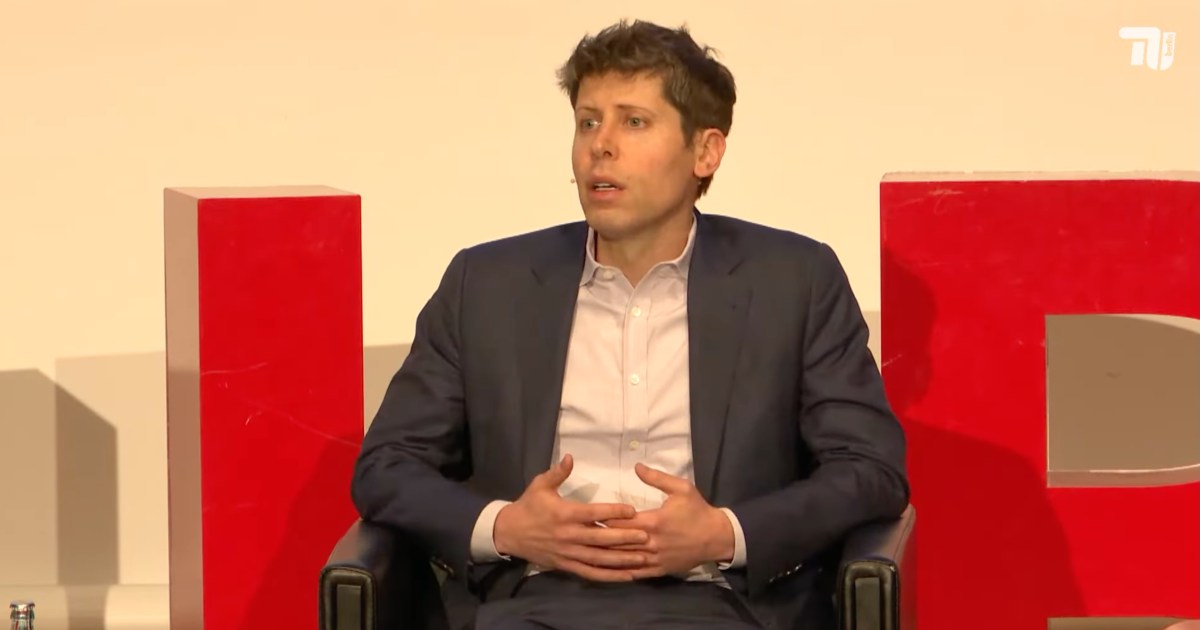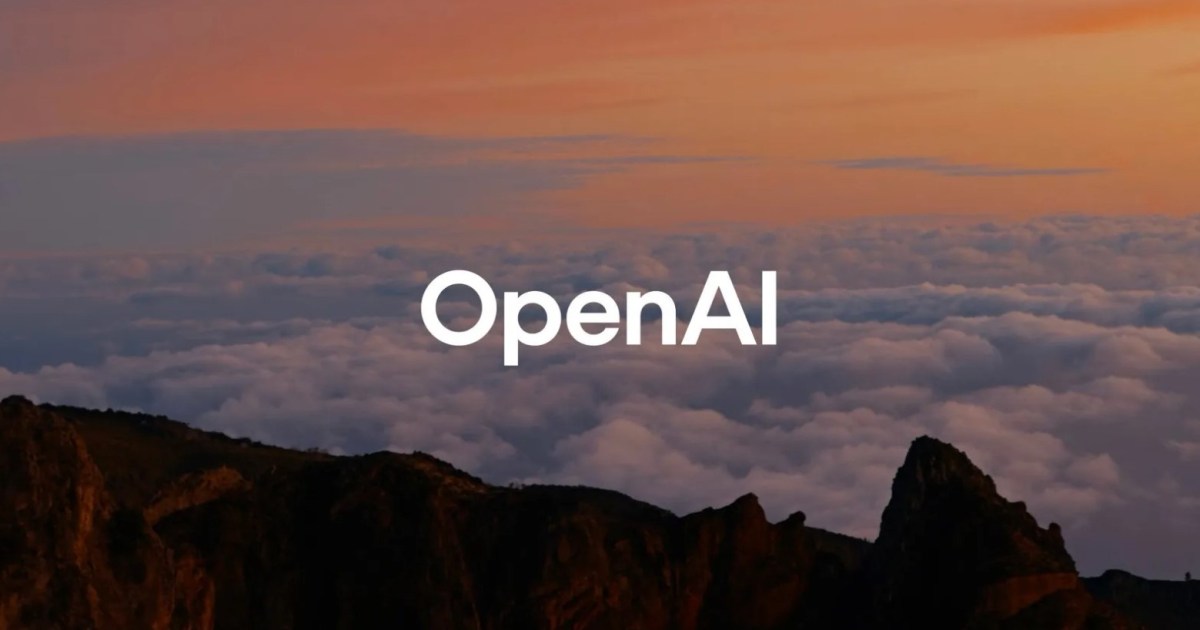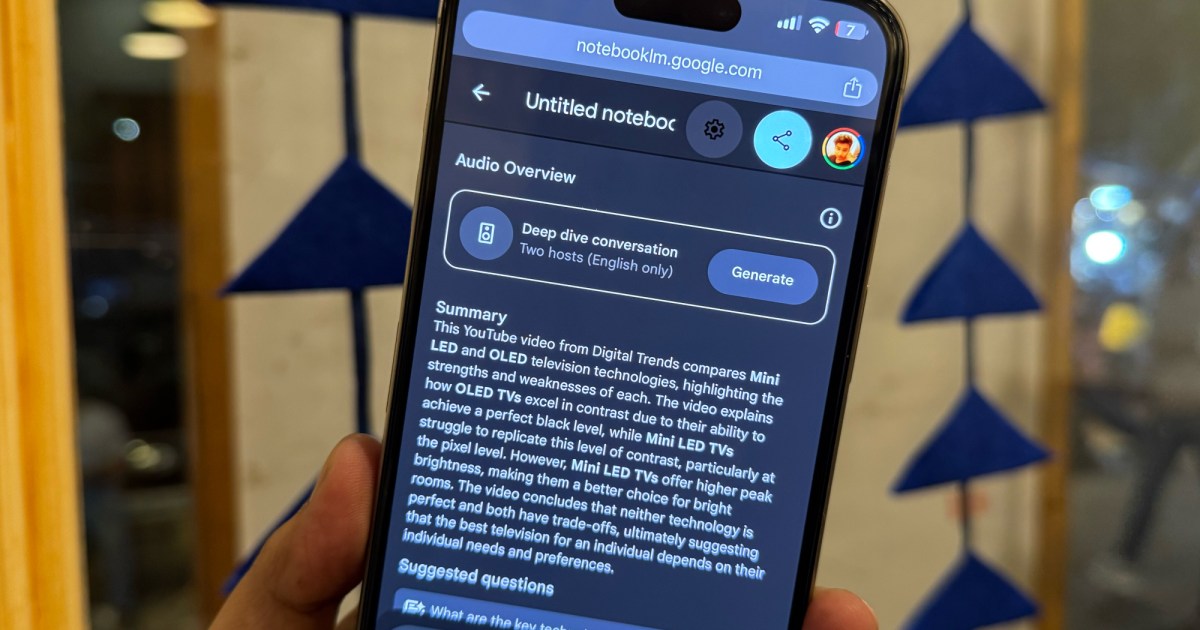Sam Altman, CEO of OpenAI, recently stated in a panel discussion at Technische Universität Berlin that he believes GPT-5 will be smarter than him. This bold claim raises several important questions about the future of large language models (LLMs) and their potential impact. What exactly does Altman mean by “smarter,” and what are the implications of such a development?
Defining “Smarter” in the Context of AI
Altman’s statement, delivered during a discussion about partnering with research organizations, lacked specific details. He emphasized the potential of AI for scientific discovery, suggesting GPT-5’s “smarts” would revolutionize research. However, he didn’t clarify what he meant by “smarter than me.”
Does it imply GPT-5 will possess a broader knowledge base than Altman? This is likely already true of GPT-4, given its vast training data. However, GPT-4’s limitations in following instructions, maintaining context, and revising responses prevent it from being perceived as truly intelligent.
Therefore, the question becomes whether GPT-5 will overcome these limitations. Other LLMs like DeepSeek demonstrate improved performance in these areas, accurately fulfilling complex requests regarding word count, formatting, and information sourcing. Such capabilities are crucial for assessing an AI’s “smartness.”
GPT-5 and the Future of Scientific Research
Altman’s focus on scientific research raises further questions. While he envisions AI, and specifically GPT-5, contributing to fields like cancer research, the connection remains unclear. ChatGPT’s current functionalities, such as brainstorming, summarizing, code generation, and web searching, don’t directly address the complex challenges faced by researchers exploring uncharted scientific territory.
How can an LLM meaningfully assist scientists grappling with unanswered questions? Altman has yet to provide concrete examples or explanations of how GPT-5 will achieve these ambitious goals. His pronouncements, while intriguing, lack practical substance.
The Need for Clarity and Concrete Examples
While Altman’s enthusiasm for AI is evident, his statements about GPT-5’s capabilities require further clarification. To understand the potential impact of GPT-5, concrete examples and detailed explanations are necessary. Without these, his claims remain speculative and difficult to evaluate.
The development of advanced AI models like GPT-5 holds immense promise. However, it’s crucial to temper expectations with realistic assessments of their current limitations and future potential. OpenAI needs to provide more concrete information to justify the hype surrounding GPT-5 and its purported ability to surpass human intelligence in specific domains.
Conclusion: Waiting for Substance
Altman’s prediction about GPT-5 being smarter than him is a captivating statement. However, without concrete details about what constitutes “smarter” and how GPT-5 will achieve this level of intelligence, the claim remains largely unsubstantiated. The potential of AI in scientific discovery is undeniable, but the specifics of GPT-5’s contribution need further clarification. For now, the focus should be on addressing the existing limitations of LLMs and developing practical applications that demonstrate their true potential.









